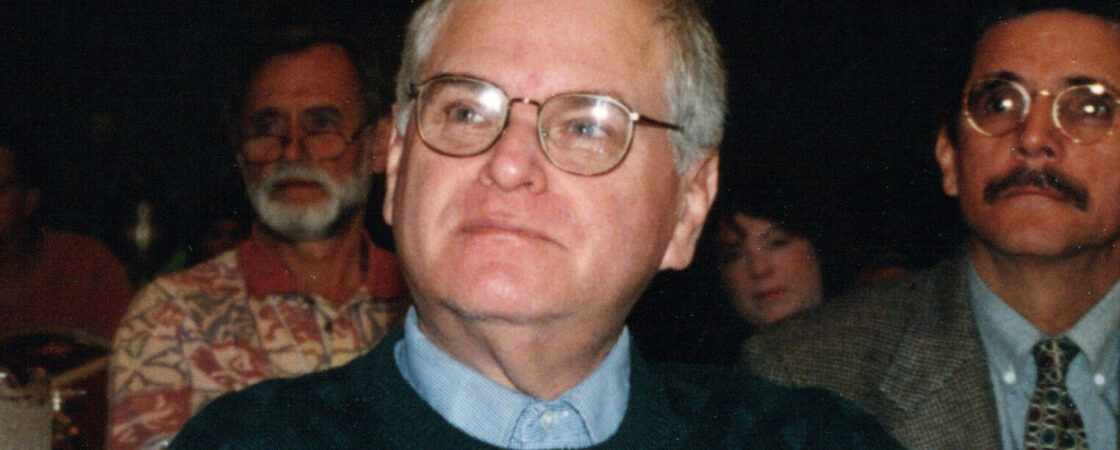He marshaled epidemiological research to press for changes in drug policy, alternatives to prison and needle-exchange programs to slow the spread of AIDS.. Ernest Drucker, a pioneering public-health researcher who approached drug addiction with compassion, invigorated needle-exchange programs to stem the AIDS epidemic and diagnosed the destructive impact of what he called a “plague” of mass incarceration, died on Jan. 26 at his home in Manhattan. He was 84.. The cause was complications of dementia, his son, Jesse Drucker, said.. For more than three decades, Dr. Drucker, primed with epidemiological evidence, waged cutting edge campaigns to improve the lot of prison inmates; the homeless; patients with tuberculosis; workers exposed to asbestos; and HIV-infected drug users and their families, who had been ravaged by the repercussions of AIDS. He was an early and vocal proponent of rethinking the country’s approach to illicit drugs, advocating “harm reduction” — a strategy that prioritizes reducing negative consequences over criminal prosecution.. A clinical psychologist by training, he was professor emeritus of family and social medicine at Montefiore Medical Center/Albert Einstein College of Medicine in the Bronx and had been a senior research associate and scholar in residence at John Jay College of Criminal Justice of the City University of New York in Manhattan, where he biked to work from the Upper West Side.. Dr. Helene Gayle, an epidemiologist and a former president of Spelman College in Atlanta, described Dr. Drucker this way in an email to his son: “Unapologetic about taking on issues that others wouldn’t touch. Unapologetic about the humanity in all including those who had suffered the most injustice.”. Having run a drug rehabilitation program in the Bronx, Dr. Drucker knew firsthand the destructive capabilities of addictive drugs. But the criminal prosecution of addicts, he argued, only compounded the problem, forcing addicts underground, where dangerous practices like sharing needles resulted in the spread of H.I.V., and saddling them with criminal records that could make them unemployable.. “Our demonization of heroin has transformed otherwise benign and controllable patterns of its use into a lethal gamble and has raised the threshold for seeking help when problems do arise,” he wrote in a letter to The New York Times in 1995. “Other countries are adopting ‘harm reduction’ strategies that (without legalizing drugs) acknowledge their widespread use and employ methods (such as needle exchange) to make even injectable use safer.”. We are having trouble retrieving the article content.. Please enable JavaScript in your browser settings.. Thank you for your patience while we verify access. If you are in Reader mode please exit and log into your Times account, or subscribe for all of The Times.. Thank you for your patience while we verify access.. Already a subscriber? Log in.. Want all of The Times? Subscribe.




